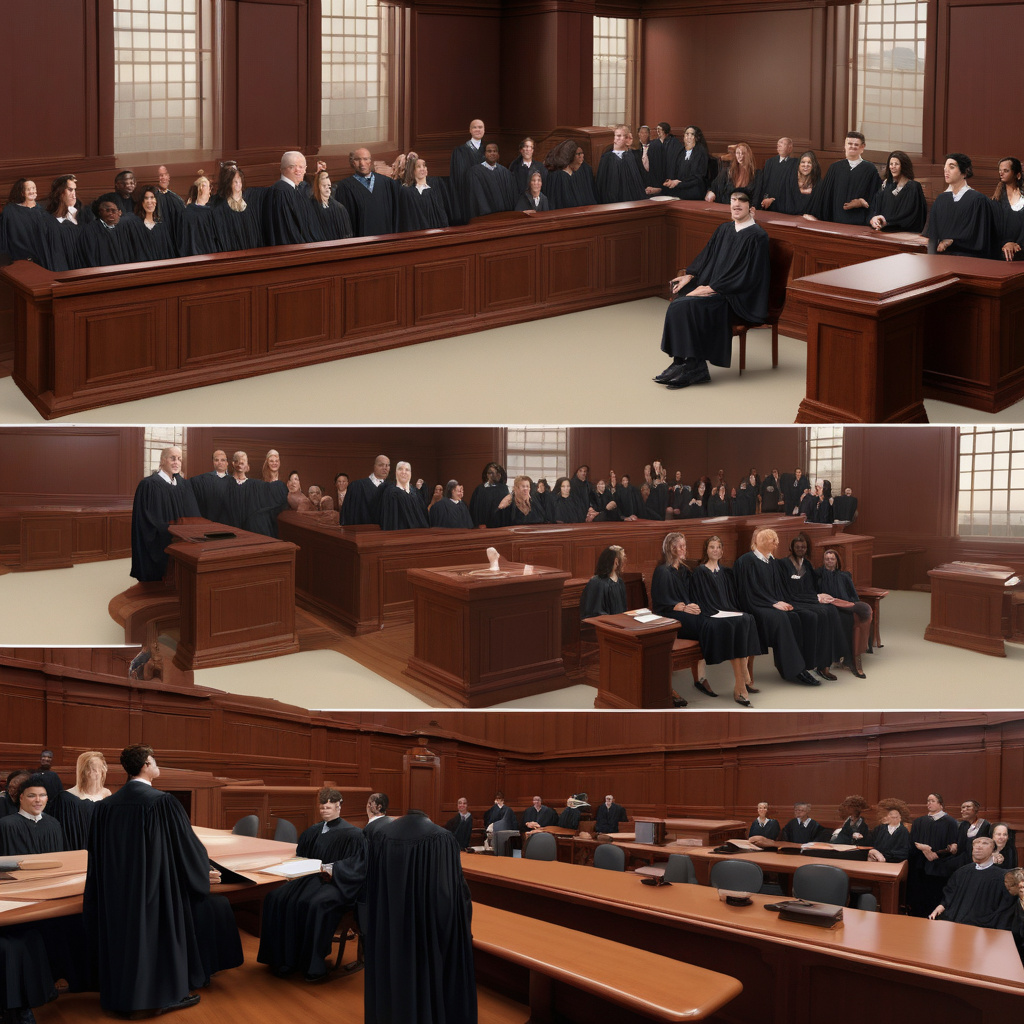Meta Wins Case Over Its Use of Copyright-Protected Content to Train AI
Meta, formerly known as Facebook, recently found itself at the center of a legal battle over its use of copyright-protected content to train artificial intelligence (AI) systems. The tech giant faced allegations of copyright infringement for using text, images, and other content without proper authorization. However, in a landmark ruling, Meta emerged victorious, setting a significant precedent in the realm of AI and copyright law.
The case raised important questions about the intersection of AI development and intellectual property rights. As AI technologies become increasingly sophisticated and prevalent, the need for large volumes of data to train these systems has grown exponentially. Companies like Meta rely on vast amounts of data, including copyrighted material, to improve the accuracy and functionality of their AI algorithms.
One of the key arguments in Meta’s favor was the transformative nature of its use of copyrighted content. The company contended that the primary purpose of using such material was to enhance the capabilities of its AI systems rather than to create a substitute for the original works. This argument resonated with the court, highlighting the importance of considering the broader societal benefits of AI innovation when evaluating copyright issues.
Moreover, Meta demonstrated that its use of copyrighted content was conducted in a responsible and ethical manner. The company implemented robust measures to prevent misuse or misappropriation of the data, underscoring its commitment to upholding intellectual property rights while fostering technological advancement. By showcasing its dedication to compliance and best practices, Meta was able to strengthen its case and secure a favorable outcome.
The legal victory for Meta has significant implications for the future of AI development and the use of copyrighted content. It reaffirms the principle that transformative use, ethical considerations, and societal benefits can outweigh strict interpretations of copyright law in the context of AI training. This ruling provides clarity and guidance for other companies navigating similar challenges and underscores the importance of responsible data usage in AI research.
Moving forward, the decision in favor of Meta is poised to shape industry practices and regulatory frameworks surrounding AI and intellectual property. Companies will likely take cues from this case when formulating their own strategies for AI training and data utilization, emphasizing the importance of transparency, compliance, and ethical standards. As AI continues to advance and permeate various aspects of society, finding the right balance between innovation and legal compliance will be crucial.
In conclusion, Meta’s triumph in the legal dispute over its use of copyright-protected content for AI training marks a significant milestone in the evolving landscape of technology and intellectual property. By highlighting the transformative nature of AI development, the responsible handling of data, and the broader societal benefits of innovation, Meta has set a precedent that will reverberate throughout the tech industry. As AI capabilities expand and evolve, navigating the complex terrain of copyright law and data usage will remain a key priority for companies seeking to harness the power of artificial intelligence responsibly and ethically.
meta, AI, copyright, technology, ethics
